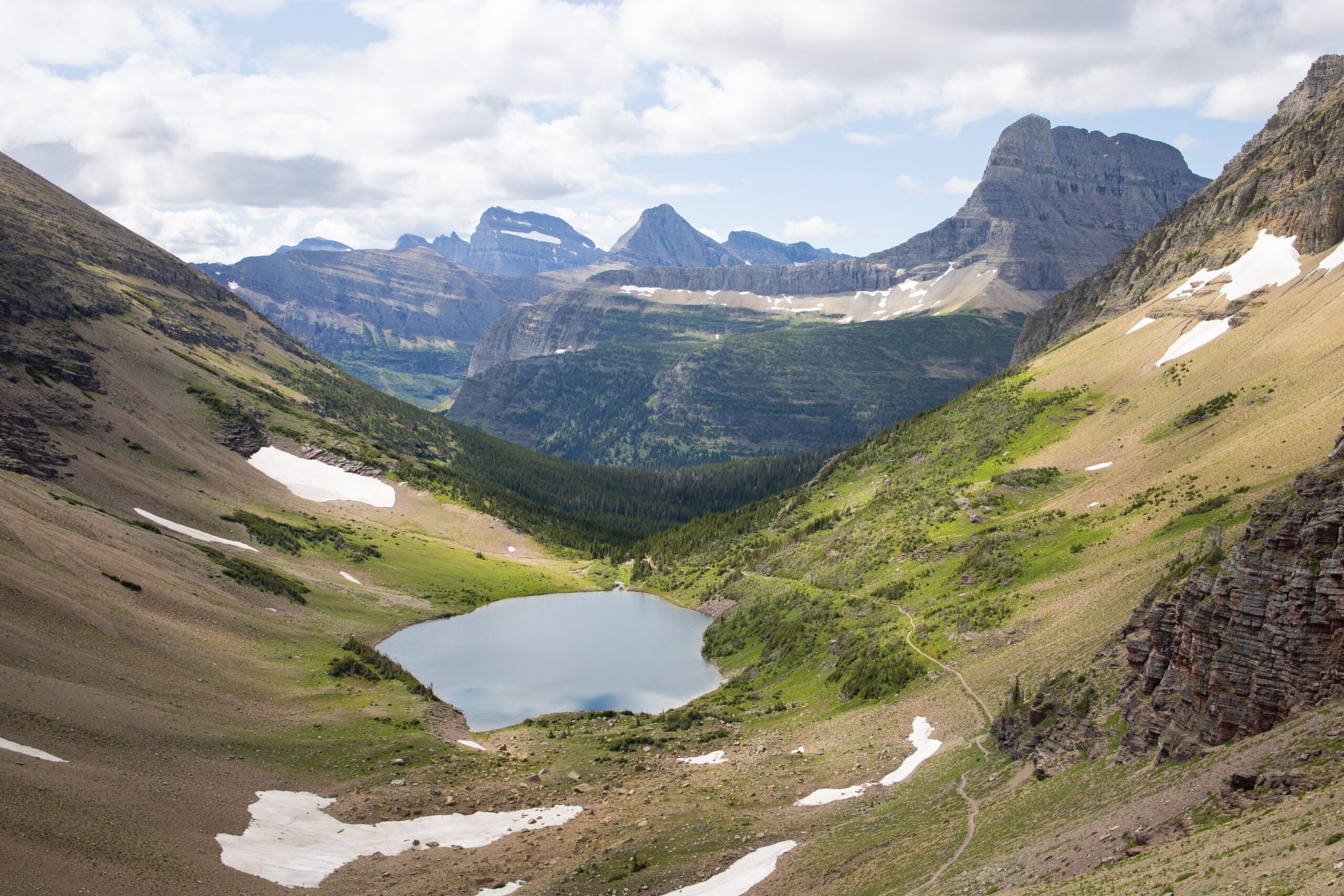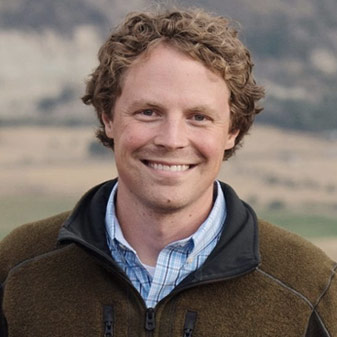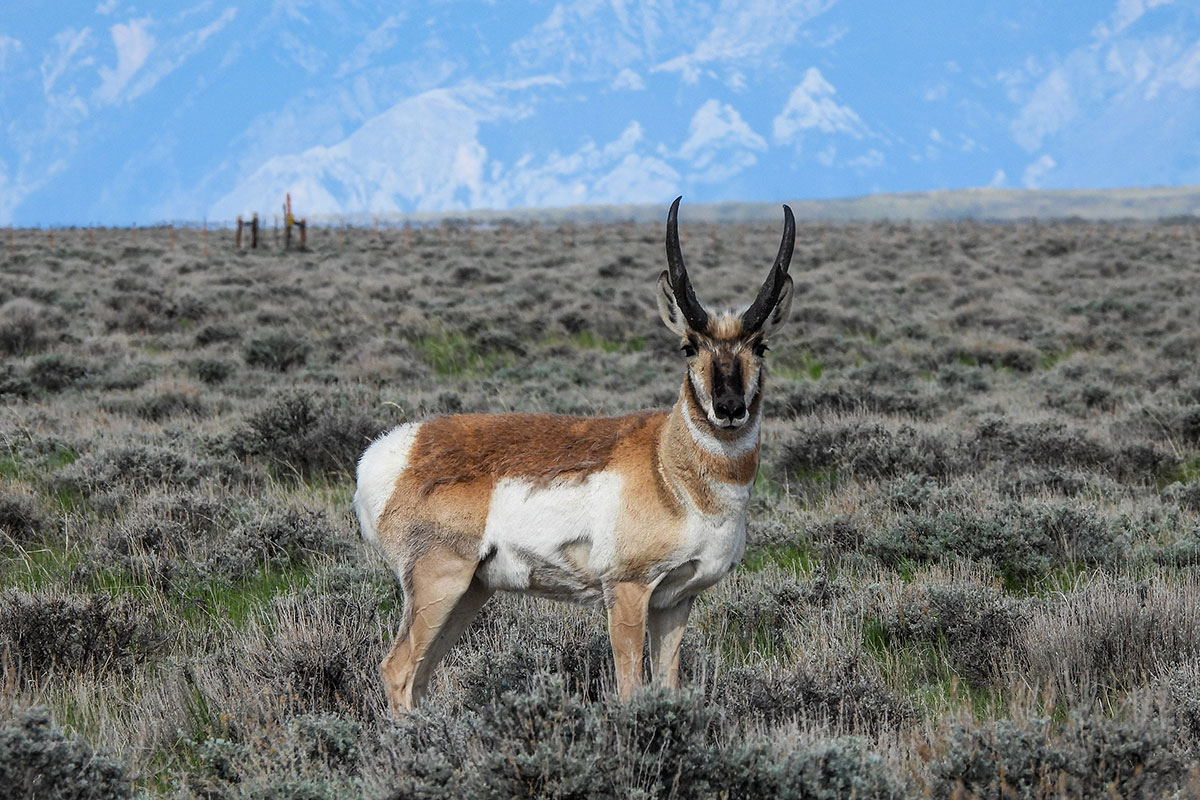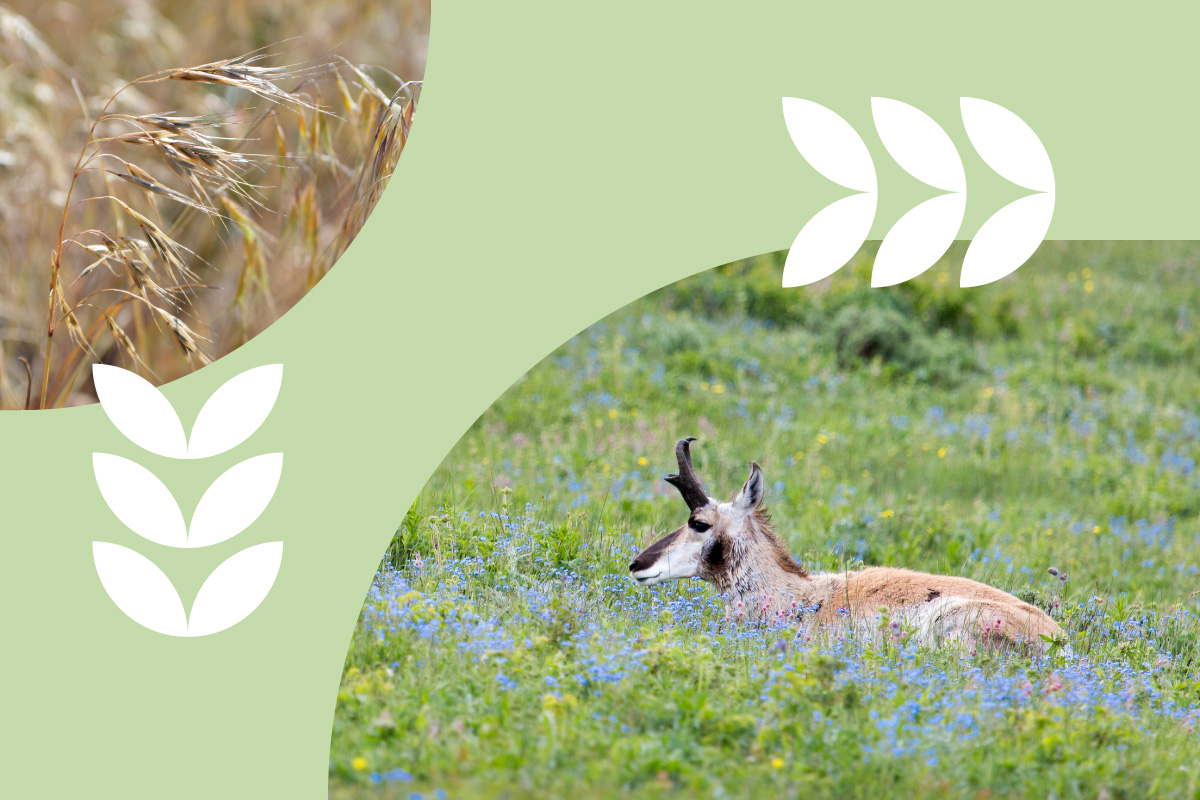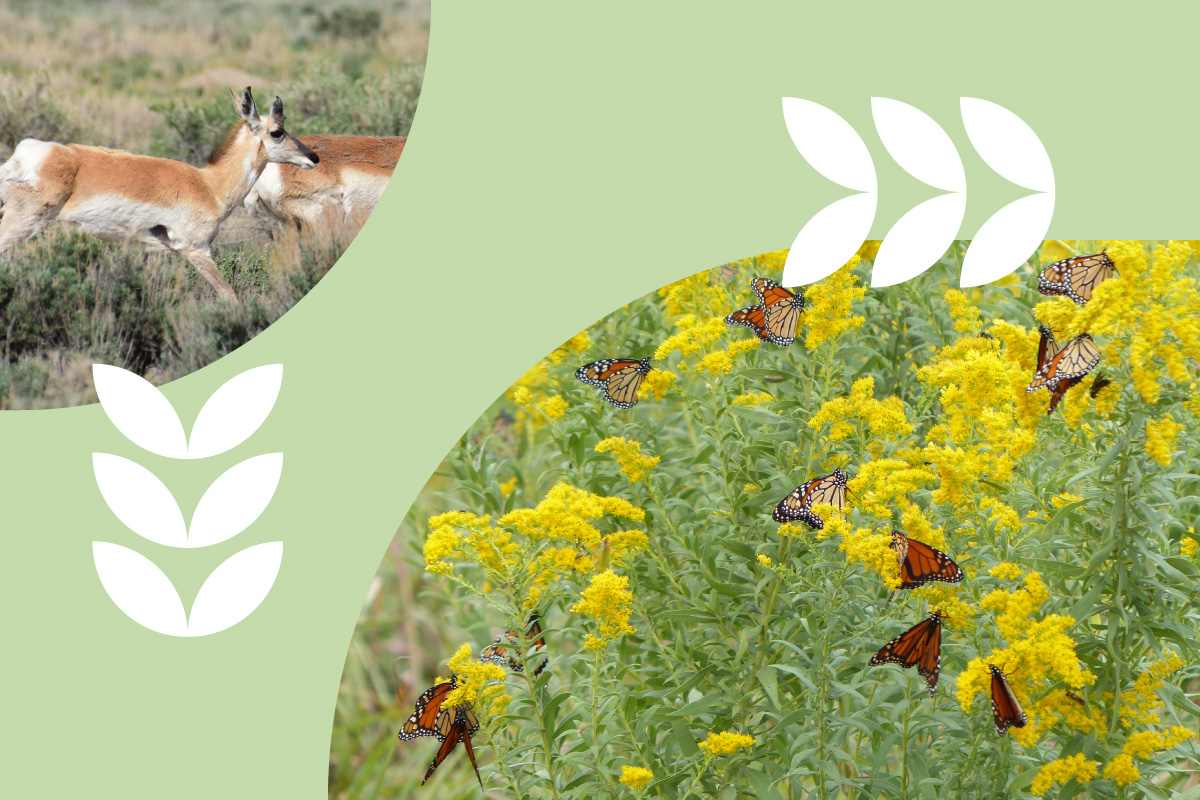This article was originally published in the Billings Gazette and Bozeman Daily Chronicle.
The conservation bill working its way through Congress has generated plenty of excitement here in Montana. The Great American Outdoors Act would fully fund the Land and Water Conservation Fund and create a special fund for maintenance projects on public lands. Sen. Steve Daines has called it “the most important conservation bill for Montana and the nation in decades.”
So far, most discussions about the bill have focused on the LWCF, which acquires public lands for recreation and conservation purposes. But the maintenance fund deserves as much attention for addressing something that has long been overlooked: the basic upkeep of the lands the government already owns.
The act would create an endowment-like fund devoted to public land maintenance projects using up to $9.5 billion of federal energy revenues over the next five years. The fund would be available for federal land agencies to spend without additional authorization from Congress. Any unspent dollars could be invested and spent on future projects, enabling managers to balance short- and long-term maintenance needs.
That’s a big deal. For decades, Congress has neglected the basic upkeep of public lands, often prioritizing land acquisition over routine care and maintenance. As a result, the federal government has racked up a $20 billion backlog of deferred maintenance on public lands while continuing to acquire millions of acres and establish new park units. The National Park Service’s backlog is nearly $12 billion, four times its annual budget.
The root of the problem is something I observed while working as a national park ranger for several years. Politicians are eager to hold ribbon-cutting ceremonies on new parks or expand existing units, but mundane projects like upgrading leaky wastewater systems or fixing crumbling trails and other infrastructure fall to the wayside. Today, Yellowstone alone has more than half a billion dollars in unmet maintenance needs, including 10 wastewater systems in need of replacement.
For years, PERC, where I now work, has argued that conservation isn’t just about acquiring land; it’s about taking care of what we already own. In particular, we have put forth solutions that empower land agencies and local managers to address maintenance challenges without having to rely entirely on politicians in Congress.
In 1997, for instance, PERC’s Donald Leal and Holly Fretwell called for the establishment of a “park endowment fund” for capital improvements and repairs in national parks, similar to the maintenance fund that Congress is now considering. The fund “would be allowed to invest in financial assets,” they wrote, and “interest from the fund should be used for annual repair and renovation to buildings and roads.” Importantly, it would be available for park managers to spend free from political influence.
More recently, PERC researchers have stressed the need to get politics out of parks by making the National Park Service less reliant on political appropriations. In 2018, we testified before a Senate committee in support of a “consistent and reliable” fund dedicated to park maintenance. And last year, at another Senate hearing, we called on Congress to provide park managers with the flexibility to use conservation funding to address their greatest needs, including basic maintenance and land management, not just acquisition.
Now, Congress appears to be taking notice. By creating a dedicated maintenance fund that is insulated from the annual appropriations process, the Great American Outdoors Act will make meaningful progress at shoring up our nation’s public lands.
It won’t solve the problem entirely, however. More will be needed to truly break the maintenance backlog, including finding better ways to address routine maintenance projects before they become deferred in the first place. That could mean, among other things, park users themselves playing a larger role in providing sustained funding.
Conservation isn’t just about adding land to the federal estate. Public land advocates of all stripes need to work together to take care of the lands we already own. Doing so isn’t only common sense; it’s the essence of what it means to be a conservationist.
